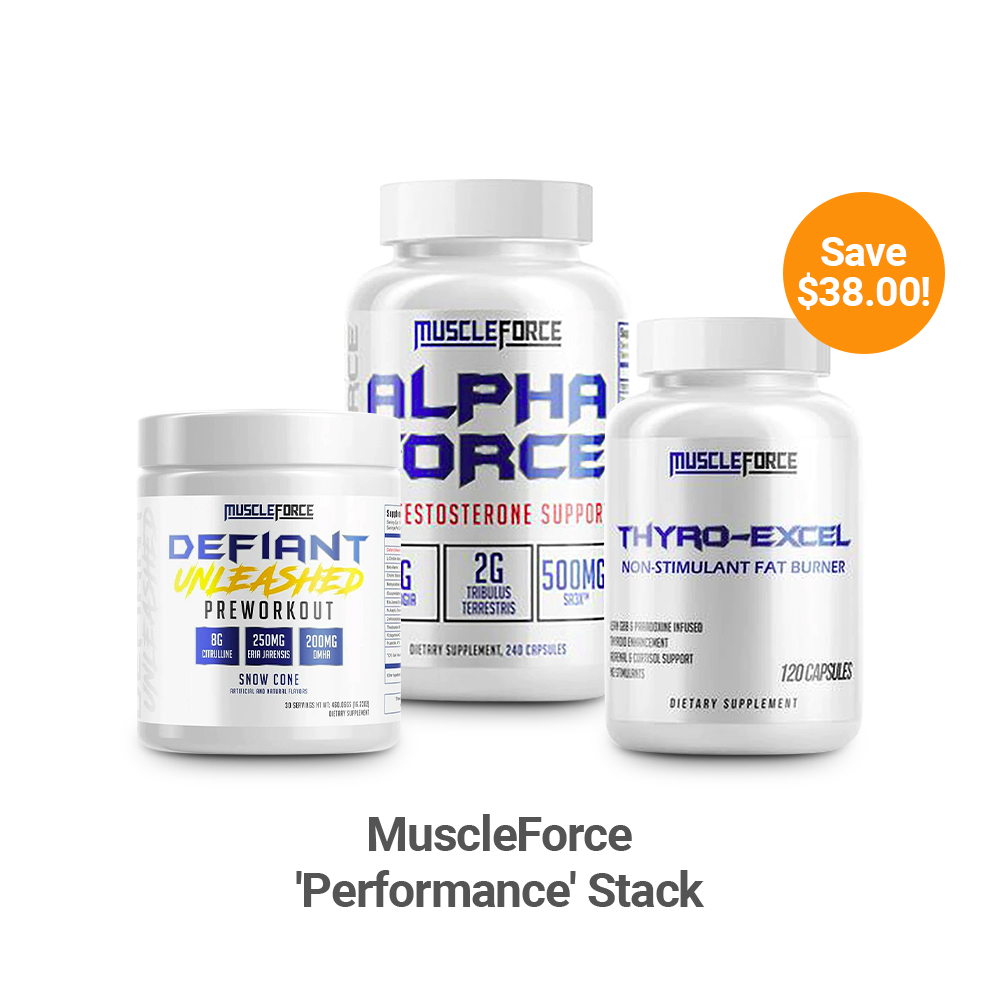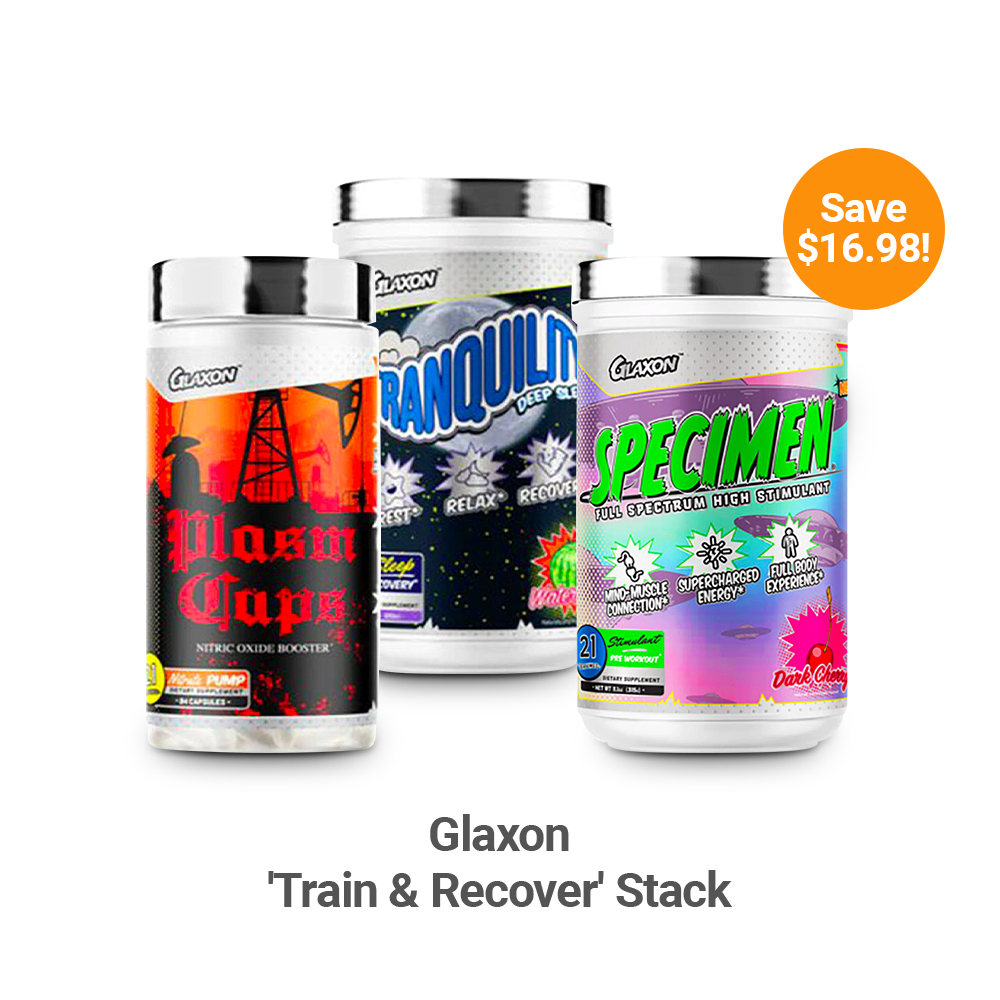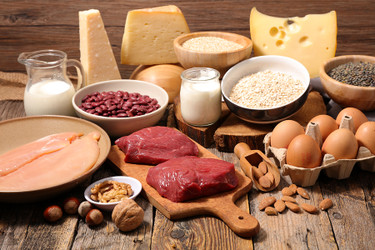What are we without protein? Not much, really. Excluding water, protein is the most abundant molecule in the body and is found in our every cell. If you aren't getting protein throughout the day, you're missing out on a key component of a healthy lifestyle. And if you lead an active life, you need adequate protein to maintain a healthy physique and keep performing well.
When it comes to protein, one may think of muscle building, to the point of thinking drinking a protein shake automatically makes one bulk up like a bodybuilder. Protein is needed for increasing muscle mass, but such muscle growth only occurs in response to heavy weight training. So, what roles does it play in our health?
Protein provides amino acids that provide structural support for every tissue in our body, from repairing muscles following a workout or to supporting collagen necessary for flexible joints. It also provides the building blocks for healthy cellular function such as red blood cells, as-well-as the antibodies needed for our immune system. Protein is also needed for energy production and metabolic support. Including a good protein source at the start of the day helps support energy levels throughout the rest of the day.
Over 22 different types of amino acids can be found in proteins, nine of which are considered essential as they cannot be made by our body. Protein from animals (beef, chicken, fish, and dairy products) are a complete source of the essential amino acids we need. Protein from plants though (vegetables, grains, legumes, and nuts) do not provide a complete source of essential amino acids.
Animal meats provide the best source of complete protein, although lean meats such as chicken and fish are healthier overall. Beef is a rich protein source, but also contains high amounts of saturated fats. One 16 oz porterhouse steak has 51 grams of fats and 89% of our RDA of saturated fat.
When it comes to a vegetarian diet, one needs to make adjustments to get protein from various plant sources. A meal combining two incomplete proteins, such as rice and beans, forms a meal containing all the essential amino acids needed. Hemp, rice, and peas also can provide high quality protein sources, and are popular for supplements.
A whey protein shake is a complete protein source good in a pinch or post-workout. Ultimately the best protein shakes will contain whey protein isolate as the proteins are more absorbable, and isolates are free of sugars and low in cholesterol. A whey isolate is also free of lactose and doesn’t come with the bloating of lower quality milk protein sources.
Unfermented soy proteins should be avoided as the negatives far outweigh any positives. Raw soybeans are actually toxic to humans and animals. There is a lot of marketing touting health benefits, but even processed soy for foods still contains levels of anti-nutrients that affect absorption of key minerals such as calcium and absorption of other nutrients as well as phytoestrogens that affect hormone activity for women, men, and children.
How much dietary protein should you get? The daily recommended intake is about 50 grams a day. But for a normal active adult, as-much-as 80 to 200 grams a day may be required depending on the level of activity. The body does not store protein like it does carbohydrates or fats, so calories do not go to fat stores. In itself, protein does not make a whole meal, but good quality sources throughout the day are key to a healthy diet.





